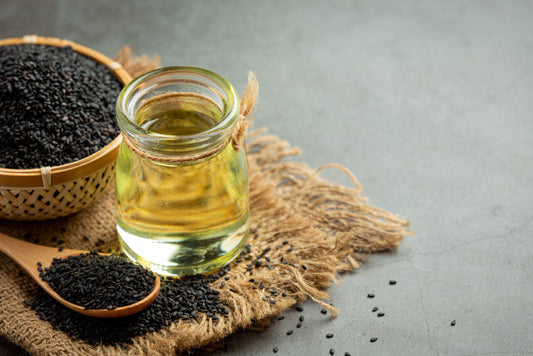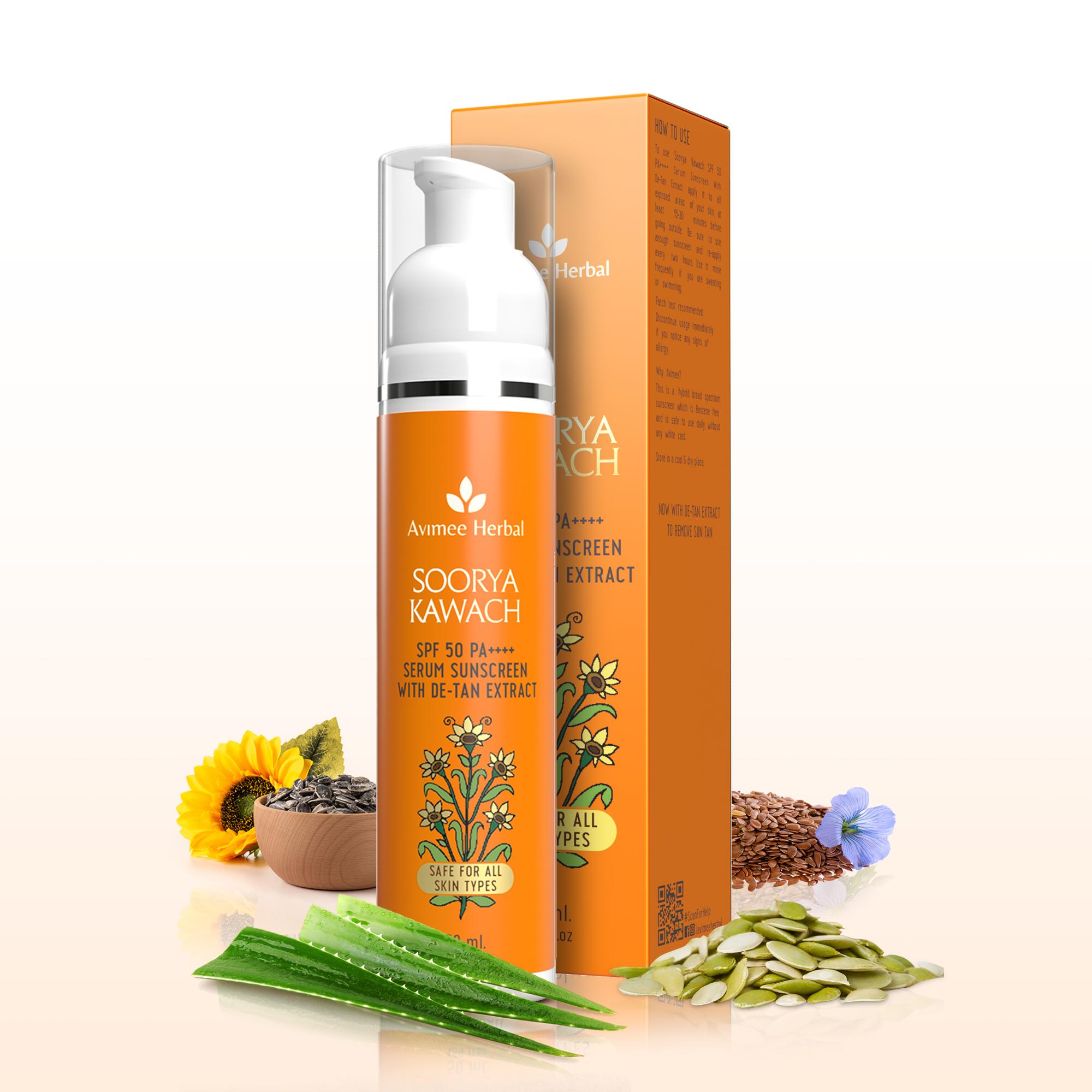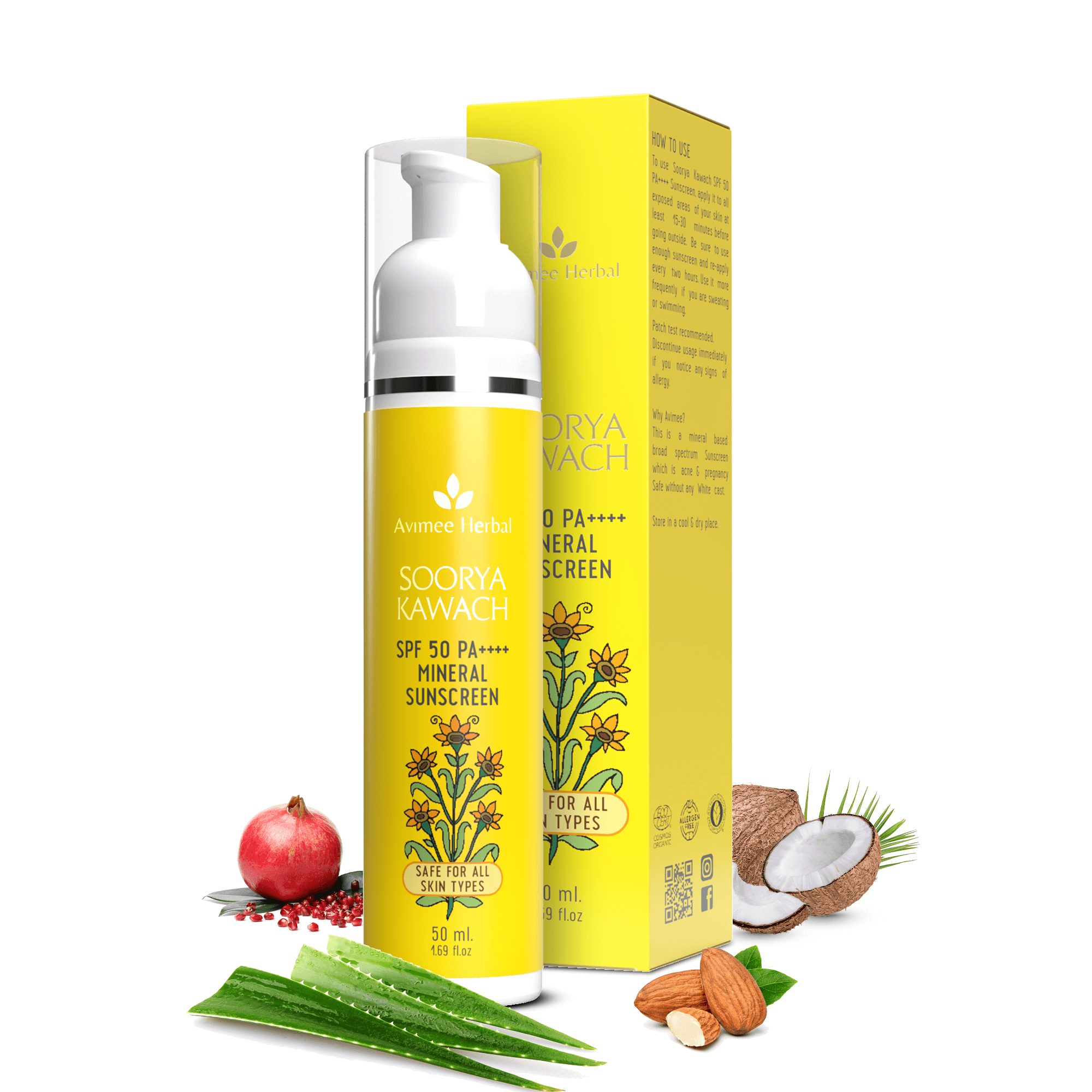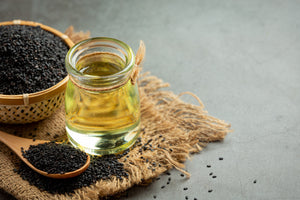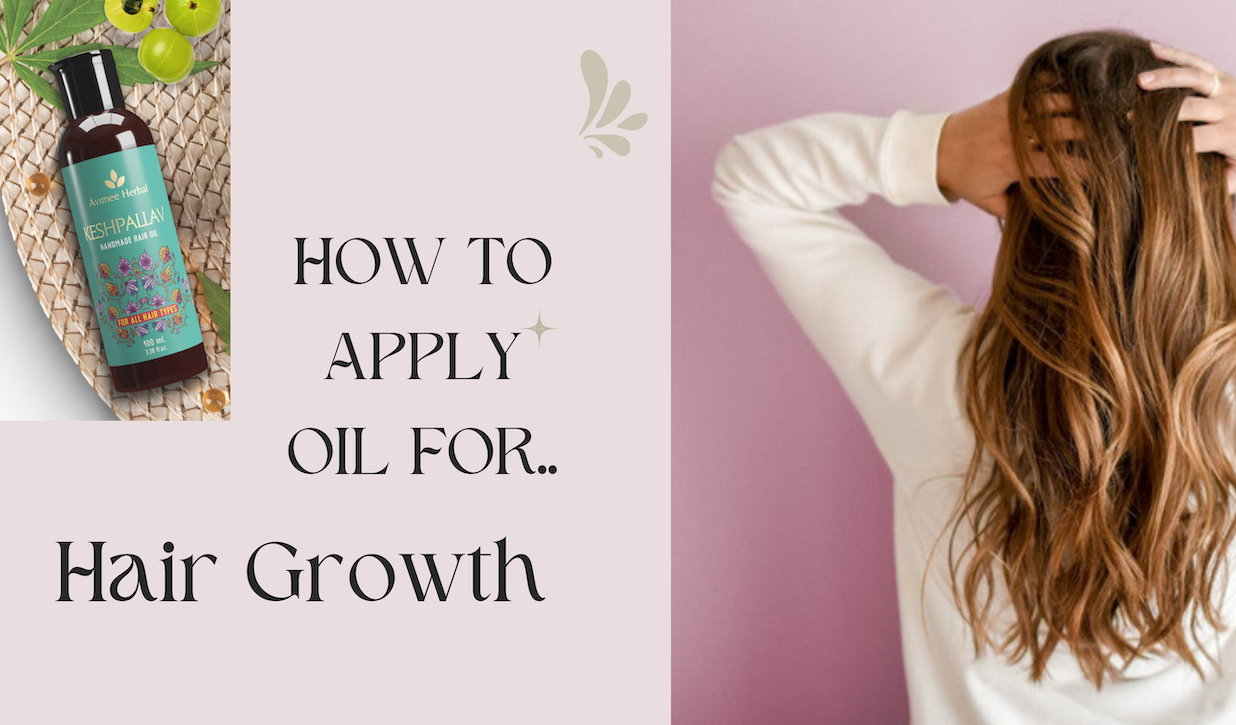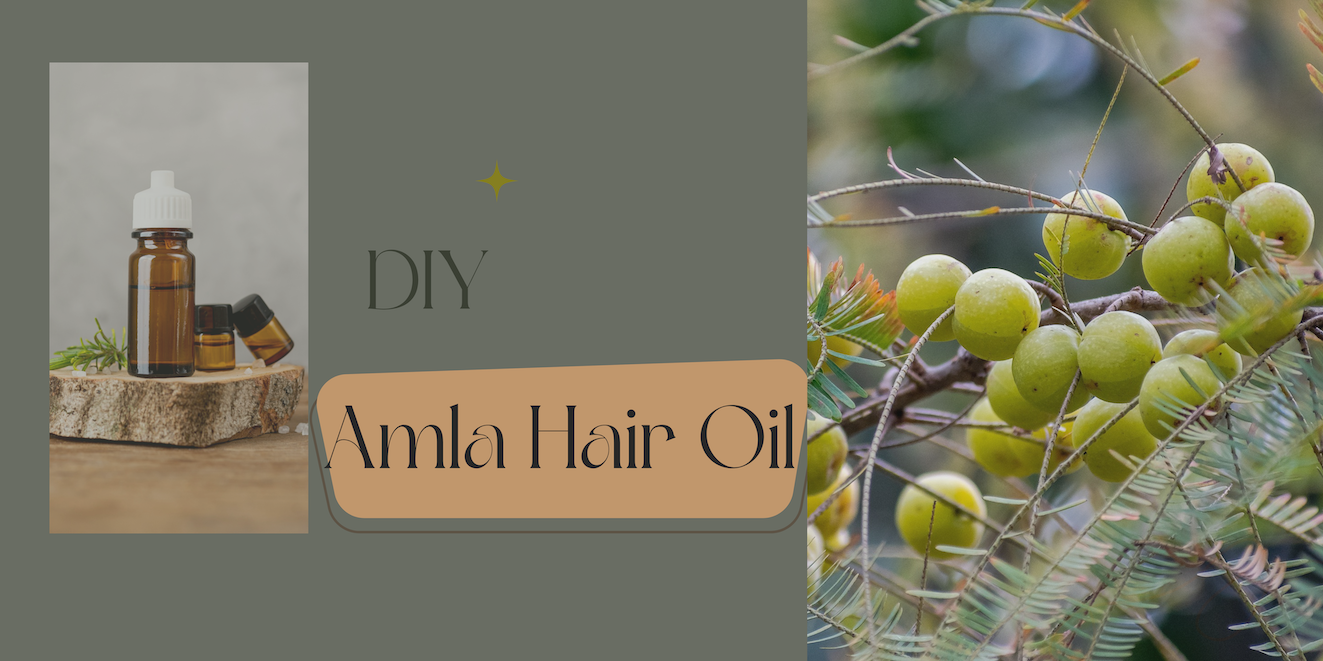Articles
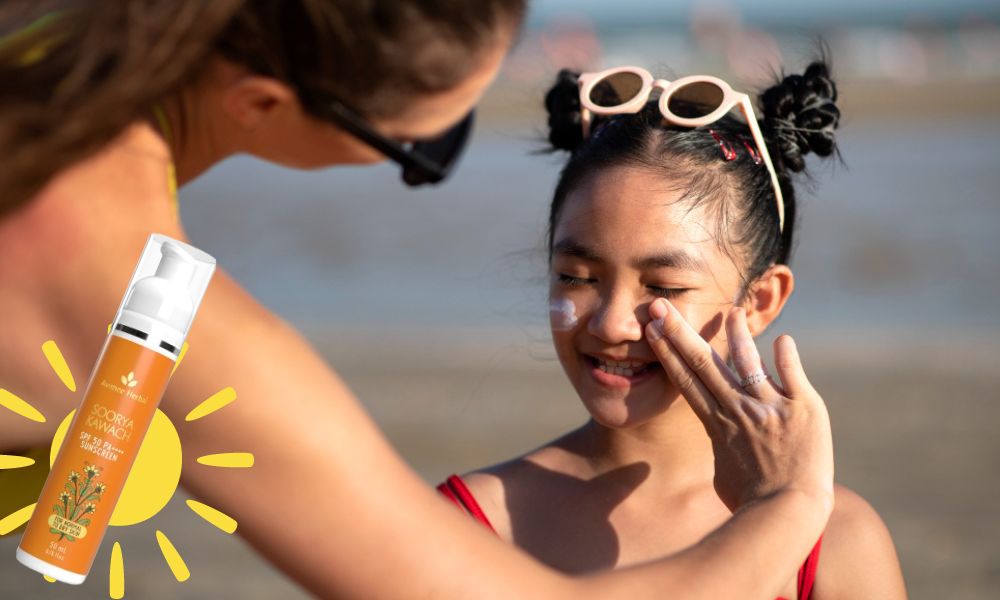
Skin Care
Broad Spectrum Sunscreen|Shield Against Sun's Rays
When it comes to sun protection,broad spectrum sunscreen reigns supreme. It's your skin's shield against the harmful effects of ultraviolet (UV) radiation, both UVA and UVB rays.
Think of it as an invisible force field, deflecting invisible rays that can cause sunburn,premature aging, and even skin cancer.
But what exactly makes a sunscreen "broad spectrum, and why is it so important? Buckle up,sun safety seekers,as we delve into the fascinating world of UV protection!
When searching for the perfect sunscreen, terms like SPF and broad-spectrum can be perplexing.
What is Broad-Spectrum Sunscreen?
UV rays come in two forms: UVA and UVB.
- UVA rays penetrate deeper, contributing to wrinkles, loss of elasticity, and some skin cancers.
- UVB rays are responsible for sunburns and play a role in skin cancer development.
Broad spectrum sunscreen is formulated to shield you from both UVA and UVB rays, providing comprehensive protection.
But what qualifies a sunscreen as broad-spectrum? Only those approved by the FDA carry the label. Opt for SPF 30, as recommended by the American Academy of Dermatology, filtering out 97% of harmful rays.
Why Should You Use Broad-Spectrum Sunscreen?
Imagine two sunscreens: one blocking only UVB, the other a broad spectrum warrior against both. Which would you choose? The choice is clear. Broad spectrum sunscreen offers:
1. Defense Against Skin Cancer:
Broad-spectrum sunscreen acts as a shield against UVA and UVB rays, minimizing the risk of skin cancer. Opt for SPF 30 or higher for optimal protection.
2. Prevention of Early Aging:
Protecting your skin from premature aging is another crucial reason to embrace broad-spectrum sunscreen. It helps ward off fine lines, wrinkles, age spots, and saggy skin.
3. Sunburn Prevention:
Sunburn is not just a temporary discomfort; it can lead to long-lasting consequences. Broad-spectrum sunscreen ensures you enjoy the sun without the painful aftermath.
4. Achieving a Perfect Tan:
Contrary to common belief, you can still achieve a tan while using broad-spectrum sunscreen. Opt for a bronze sunscreen to get that coveted glow without compromising protection.
5. Promoting Healthy Skin:
Incorporating broad-spectrum sunscreen into your skincare routine contributes to healthier skin.
It guards against collagen damage and other skin issues, enhancing your overall skin quality.
Finding the Right Broad Spectrum Sunscreen
#SPF 30 or higher: SPF (Sun Protection Factor) indicates how well it blocks UVB rays. Aim for SPF 30 or higher for everyday use, and go higher for intense sun exposure.
#Broad spectrum label: Look for the words "broad spectrum" on the label. It's your guarantee of both UVA and UVB protection.
#Water resistance: If you'll be sweating or swimming, choose a water-resistant sunscreen. Reapply every two hours, or more often if swimming or sweating.
#Skin type: Choose a formula suited to your skin type, like oil-free for oily skin or fragrance-free for sensitive skin.
Sunproof? More like Sun-Kissed: Embrace radiant skin with Avimee Herbal Soorya Kawach!
Shield your skin like a warrior (Soorya Kawach!), not a ghost, with this ➡️ SPF 50 powerhouse. Natural nourishment meets broad-spectrum defense, leaving you glowing, not greasy. Click now and conquer the sun!
Remember:
Regular reapplication is key! Apply sunscreen generously 15 minutes before sun exposure and reapply every two hours, or more often if swimming or sweating.
By following these guidelines and choosing the right broad spectrum sunscreen, you can enjoy the sun safely and reap its many benefits for a healthy, radiant you!
FAQ:
Question 1: Does broad spectrum mean PA++++?
Answer: It not exactly.Broad spectrum means the sunscreen protects from both UVA and UVB rays. This is essential for good sun protection. PA++++ is a separate rating system used in Asia and some other regions. It indicates the level of UVA protection, with ++++ being the highest.
SPF and PA rating aren't directly proportional. While a higher SPF often indicates some level of UVA protection, PA++++ ensures strong UVA defense regardless of SPF.
So, look for both "broad spectrum" and a high PA rating (ideally +++ or ++++).
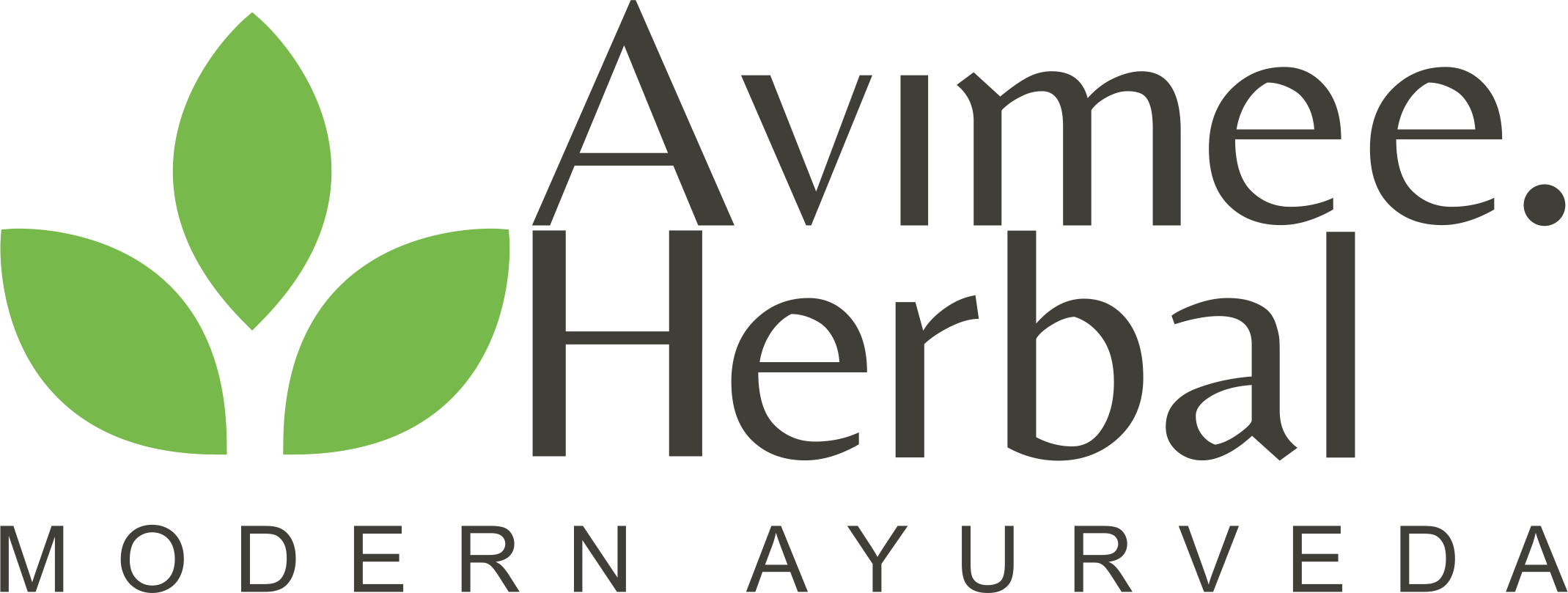
 Doctor Consultation
Doctor Consultation


